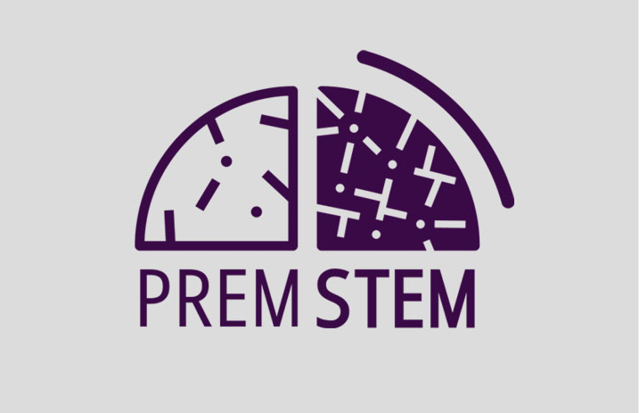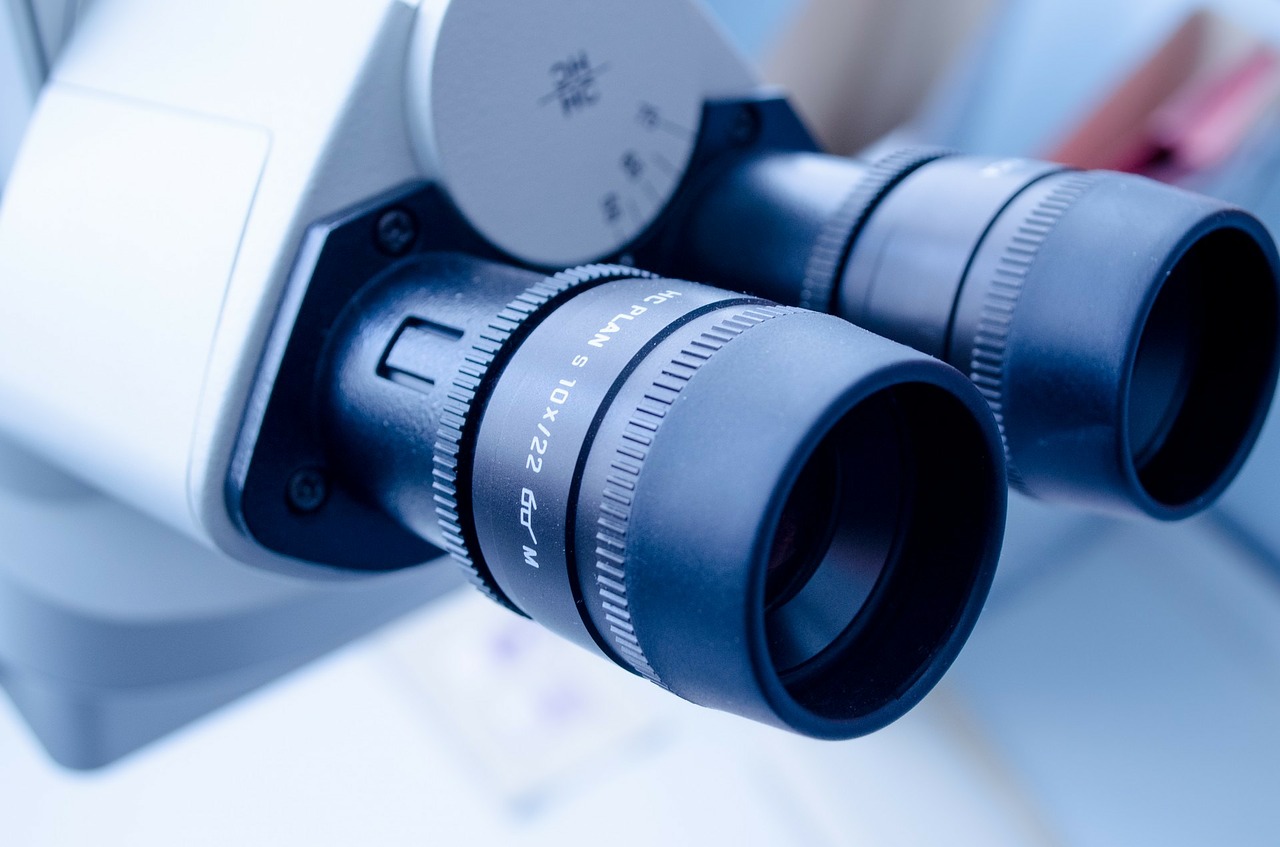
PREMSTEM is a groundbreaking €9 million research project funded by the European Union’s Horizon 2020 research and innovation program. The project brings together leading researchers, clinicians, and advocacy organizations from around the world to develop a new regenerative stem cell therapy aimed at repairing brain injuries caused by premature birth, a condition known as encephalopathy of prematurity (EOP).
The project launched in January 2020 and will run for five years, working toward innovative solutions to improve neurological outcomes for preterm infants worldwide.
In advanced healthcare settings, more than 50% of babies born before 28 weeks survive. However, approximately one-third of babies born between 28 and 32 weeks experience lifelong disabilities, including:
Cerebral palsy
Severely impaired cognitive function
Neurodevelopmental and psychiatric disorders, such as ADHD and autism spectrum disorder (ASD)
Even babies born late preterm (between 32 and 37 weeks) face a higher risk of neonatal mortality and morbidity, including an increased likelihood of cerebral palsy and lower IQ scores.
While the most severe outcomes are linked to extreme prematurity, even being born just a few weeks early can lead to adverse developmental effects, such as a greater need for special education support later in childhood.
Currently, no treatments exist to repair brain damage caused by premature birth. As a result, the most promising strategy lies in promoting brain regeneration.
Diagnosis of this type of brain injury typically occurs days or even weeks after birth, which presents significant challenges for early intervention.

The PREMSTEM project unites world-leading clinicians, researchers, advocacy groups, and an industrial partner with deep expertise in neonatology and drug development. Together, they are working to develop a new therapy to treat brain damage associated with preterm birth.
The team is investigating the use of stem cells as a regenerative treatment to enhance the quality of life for preterm infants who face a higher risk of neurological injury. By improving long-term outcomes, the project also aims to reduce the emotional and financial burden on families and caregivers.

Preterm birth can have far-reaching effects - not only on the child but also on their families and communities. In addition to the emotional toll, the lifetime cost of care for a child with cerebral palsy is estimated at around $1.3 million USD (approximately €1.1 million).
The PREMSTEM project will test the effectiveness of stem cell therapy as a regenerative treatment for brain injuries caused by prematurity. It will also support the development of new, affordable, and easy-to-use imaging tools to help clinicians identify brain damage in preterm infants early and accurately.
Despite the high incidence of preterm birth, this large patient population remains understudied. PREMSTEM helps close this gap by advancing the neonatal research agenda, ensuring a brighter future for preterm babies and their families.
To learn more about PREMSTEM and the development of a regenerative stem cell therapy for encephalopathy of prematurity (EOP), watch the video below.
GFCNI (formerly EFCNI) leads Work Package 6 of the PREMSTEM project:
“Increase the visibility and impact of PREMSTEM on health and society by developing a communication/dissemination and exploitation strategy.”
The objectives of this work package are to:
Increase visibility and impact by reaching key stakeholders in neonatal health: researchers, clinicians, healthcare professionals, patient and consumer organizations, policymakers, and the general public.
Identify the most effective pathways for regulatory approval, ensuring that the stem cell therapy advances toward clinical trials.
Ensure active involvement of patients, parents, and consumer representatives in project communications by gathering their input and feedback.
Develop a long-term exploitation strategy and roadmap to ensure that project findings are used effectively even after the project concludes.
GFCNI collaborates closely with 5 out of 15 project partners to accomplish these goals:
INSERM – Institut national de la santé et de la recherche médicale, France
INSERM Transfert SA, France
RMIT-EU – Royal Melbourne Institute of Technology SL, Spain
CPA – Cerebral Palsy Alliance, Australia
Learn more about the PREMSTEM project and explore key resources on preterm birth and brain injury. The PREMSTEM Factsheet provides an overview of the project and its approach to treating brain injury in preterm infants.
For more detailed information, visit the official PREMSTEM website.
Stay connected with us on social media:
© 2025 GFCNI. All Rights Reserved.